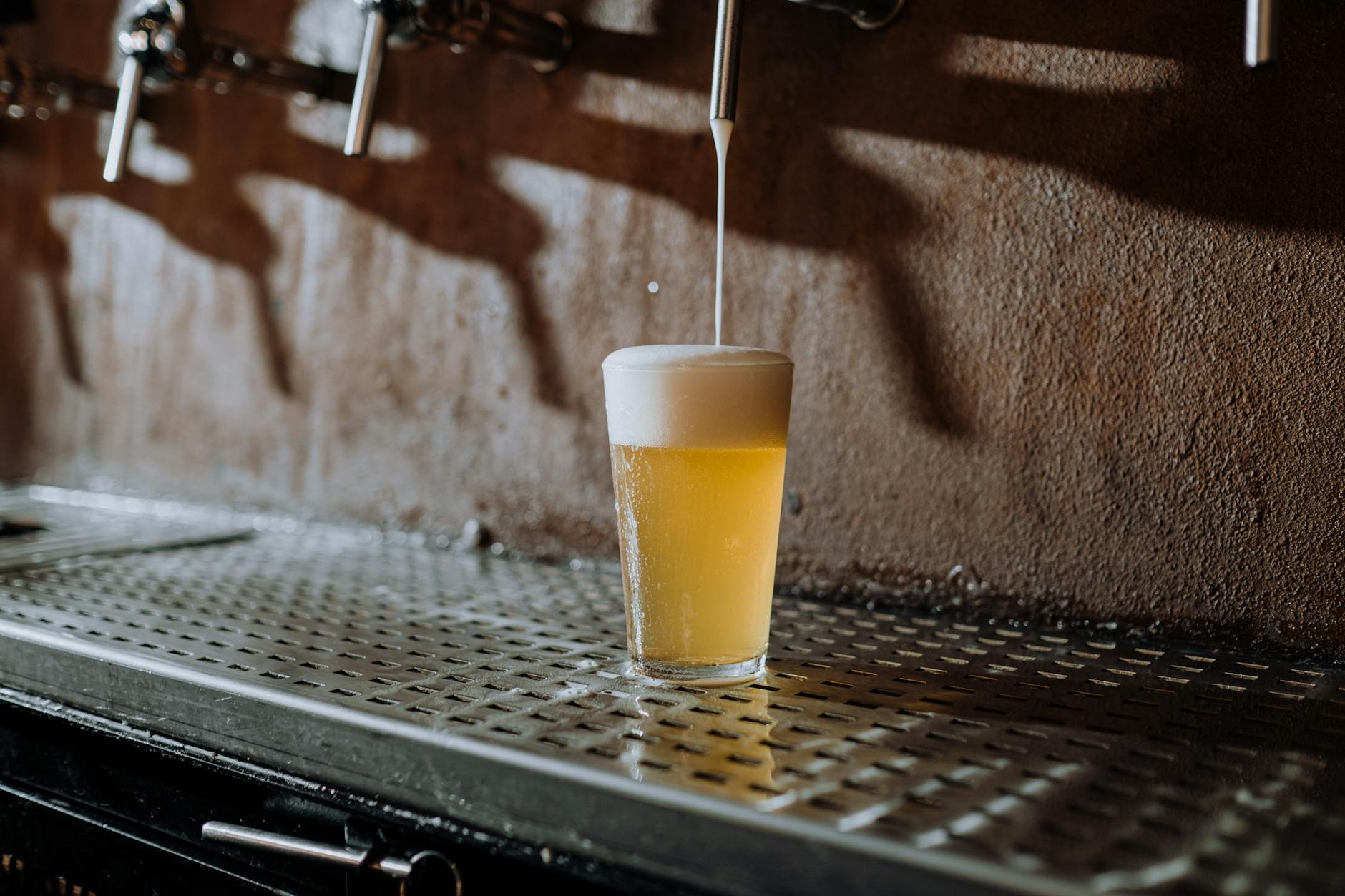Delve into the fascinating world of beer and intoxication, exploring the scientific processes that lead to everyone’s favorite buzz.
Table of Contents
Have you ever found yourself pondering the age-old question: how many beers does it take to get drunk? The answer to this seemingly simple query is actually quite complex and depends on a variety of factors. In this blog post, we will dive deep into the science behind alcohol tolerance, metabolism, and the influencing factors that determine how intoxicated you may become after consuming beer.
Factors Influencing Alcohol Metabolism
alcohol metabolism is a complex process that varies from person to person. Genetics play a significant role in determining an individual’s alcohol tolerance level. Some people may have genetic variations that allow them to process alcohol more efficiently, while others may have a genetic predisposition to intoxication.
Body weight and composition are also important factors to consider. In general, larger individuals tend to have a higher tolerance for alcohol as their bodies have more mass to dilute the alcohol. However, muscle mass plays a role as well, as muscle tissue contains more water than fat, which can help to dilute alcohol and reduce its effects.
Additionally, factors such as food intake and hydration can impact how quickly alcohol is metabolized. Eating a substantial meal before drinking can slow down the absorption of alcohol into the bloodstream, while staying hydrated can help to flush out alcohol and reduce its concentration in the body.
Understanding BAC Levels
Blood Alcohol Content (BAC) is a measure of the amount of alcohol in your bloodstream and is used to determine your level of intoxication. BAC levels are influenced by a variety of factors, including the number of drinks consumed, the rate of consumption, and the individual’s metabolism.
As a general rule, the more drinks you consume, the higher your BAC level will be. However, BAC levels can also be affected by the alcohol content of the beverages, with higher alcohol content drinks leading to a faster increase in BAC. It’s important to note that legal limits for BAC while driving vary by location, with severe consequences for those who exceed these limits.
Tips for Responsible Drinking
While understanding the science behind alcohol metabolism and tolerance is important, it is equally crucial to practice responsible drinking habits. Moderation is key when it comes to alcohol consumption. Knowing your limits and sticking to them can help to prevent excessive intoxication and its potential consequences.
If you find yourself in a situation where you feel drunk or unable to drive safely, it’s essential to have a plan in place. Designate a sober driver, use public transportation, or call a cab or ride-sharing service to ensure you get home safely. Remember, it’s always better to err on the side of caution when it comes to alcohol consumption.
By exploring the intricate science behind alcohol metabolism and tolerance, we hope to shed light on the factors that influence how many beers it takes to get drunk. Whether you’re a casual drinker or a seasoned connoisseur, being aware of these factors can help you make informed decisions about your alcohol consumption. Stay tuned for more insights and tips on responsible drinking habits in future posts.
Frequently Asked Questions
How does alcohol affect metabolism?
Answer 1: Alcohol affects metabolism by being prioritized as a fuel source, leading to the inhibition of fat metabolism. The liver processes alcohol before other nutrients, potentially slowing down metabolic functions.
What is the legal BAC limit for driving?
Answer 2: The legal blood alcohol content (BAC) limit for driving varies by location, but in most places, it is 0.08%. Exceeding this limit can result in severe legal consequences, including fines, license suspension, and even jail time.
How do genetics play a role in alcohol tolerance?
Answer 3: Genetics can influence alcohol tolerance by affecting how efficiently the body metabolizes alcohol. Some individuals may have genetic variations that allow for faster alcohol processing, while others may have genetic factors that lead to increased intoxication.
What are some tips for responsible drinking?
Answer 4: Tips for responsible drinking include knowing your limits, pacing yourself, staying hydrated, and having a plan for transportation if you feel intoxicated. Designating a sober driver or using a ride-sharing service can help ensure your safety and the safety of others on the road.
Generated by Texta.ai Blog Automation


Leave a Reply